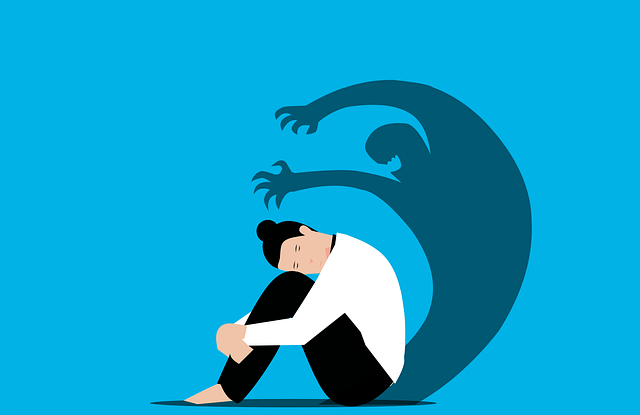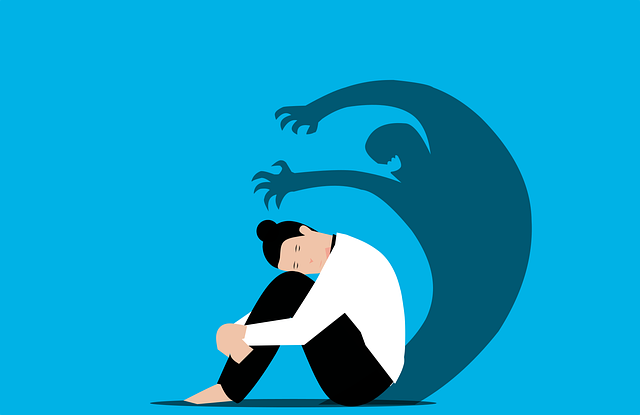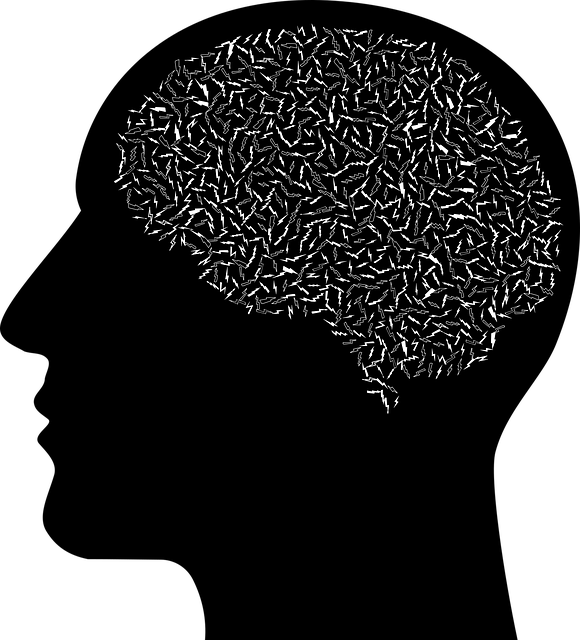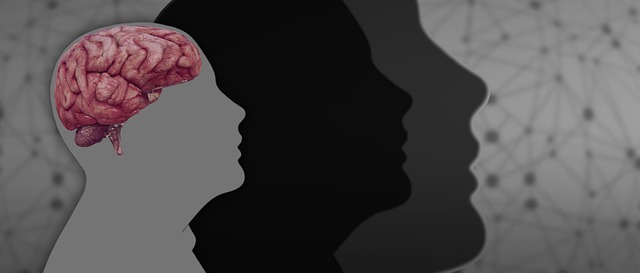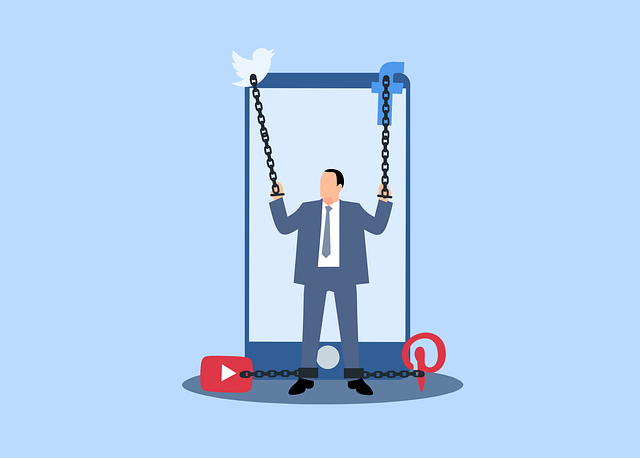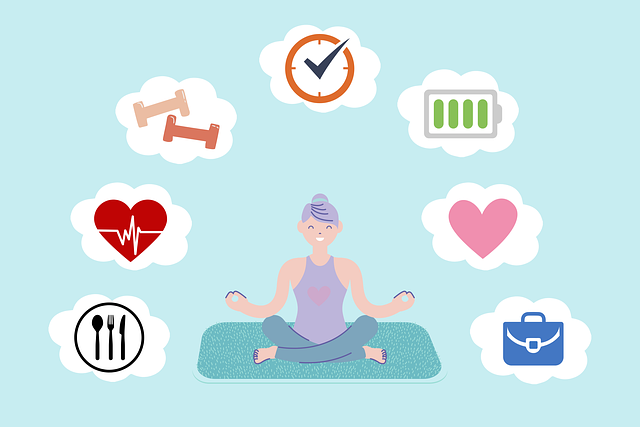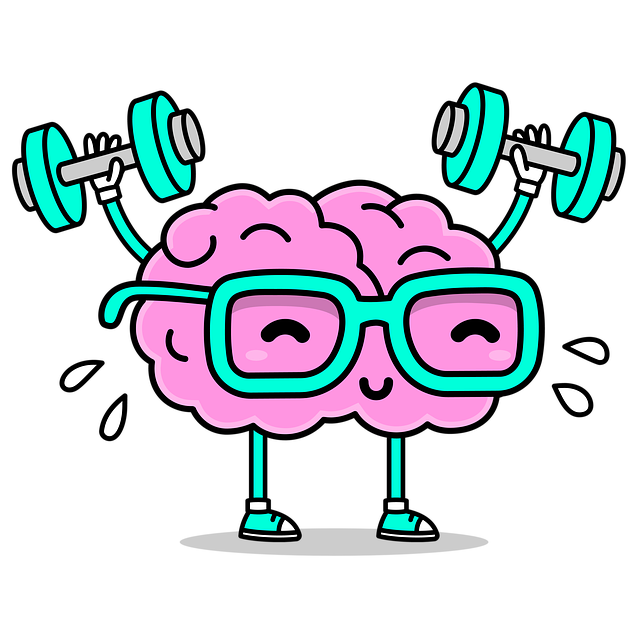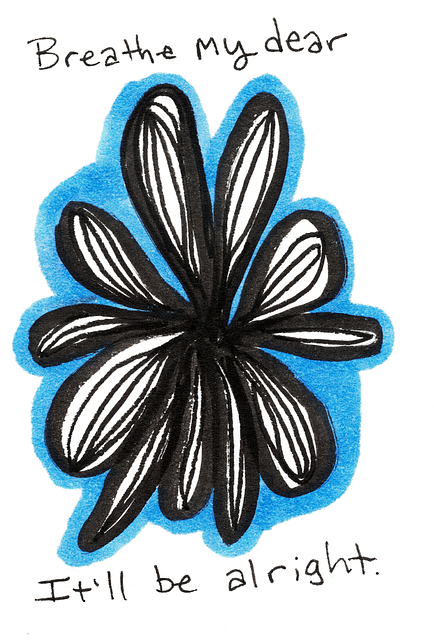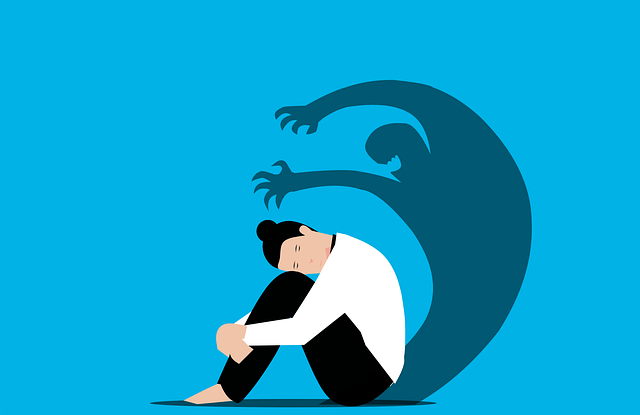Mindfulness meditation serves as an effective therapy for elders recovering from drug or substance abuse, offering a safe, holistic approach to healing. Regular practice fosters mental wellness, resilience against trauma, and positive thinking by encouraging present-moment awareness. Guided meditations and apps tailored to seniors can help overcome stress, anxiety, and cravings, strengthen support networks, and prevent relapse, ultimately enhancing overall well-being.
Mindfulness meditation offers a powerful therapy for elders seeking healing, especially those recovering from drug abuse or substance addiction. This practice provides a safe space to process trauma, reduce stress, and cultivate inner peace. In this article, we explore the benefits of mindfulness for seniors, focusing on practical tips and techniques tailored to their unique needs. From understanding the basics to strategies for overcoming challenges, discover how mindfulness meditation can be a game-changer in their journey towards well-being and recovery from drug abuse.
- Understanding Mindfulness Meditation for Elders: A Safe Space to Heal
- The Role of Meditation in Drug Abuse Recovery: Breaking Free from Addictions
- Practical Tips and Techniques for Elderly Individuals to Begin Their Journey
Understanding Mindfulness Meditation for Elders: A Safe Space to Heal

Mindfulness meditation offers a safe and effective therapy for elders, especially those recovering from drug or substance abuse. It provides a unique space to heal both the mind and body by fostering empathy and understanding within the individual. Through regular practice, elders can learn valuable strategies to build resilience against past traumas and promote mental wellness. This ancient technique encourages them to focus on the present moment, cultivating positive thinking and a deeper connection with their emotions.
By incorporating mindfulness into their daily routines, elders can enhance their ability to manage stress and anxiety, two common challenges that often accompany aging and recovery. Empathy-building strategies, such as mindful listening and self-compassion exercises, can further strengthen their support networks, whether it’s within their families or the broader community. Additionally, keeping a mental wellness journal guided by simple mindfulness practices can be an excellent tool to track progress, reflect on personal growth, and encourage positive thinking.
The Role of Meditation in Drug Abuse Recovery: Breaking Free from Addictions

Meditation plays a pivotal role in aiding individuals, especially elders, to overcome drug abuse and break free from the grip of addiction. It serves as a powerful therapy for substance abuse by offering a unique approach to healing both the mind and body. Through regular mindfulness practice, elders can develop inner strength and learn to manage their cravings effectively. This ancient technique focuses on bringing one’s attention to the present moment, allowing individuals to observe their thoughts and emotions without judgment.
By cultivating mindfulness, those in recovery can enhance their emotional healing processes and improve their overall well-being. It provides a tool for navigating through triggers and urges, enabling better decision-making and fostering self-control. Moreover, meditation promotes relaxation and reduces stress, which are essential aspects of preventing relapse. Social Skills Training and Emotional Healing Processes can be seamlessly integrated into mindfulness practices, offering a holistic approach to addiction recovery tailored to the unique needs of elders.
Practical Tips and Techniques for Elderly Individuals to Begin Their Journey

Beginning a mindfulness meditation practice can be a transformative journey for elderly individuals seeking therapy for drug abuse or substance use disorders. It offers a gentle and accessible way to improve mental wellness, boost self-esteem, and reduce anxiety. To start, set aside just 10-15 minutes daily in a quiet space where you feel comfortable. Focus on your breath, noticing the rise and fall of your chest without judgment. When thoughts arise, gently return your attention to your breath.
Consider incorporating guided meditations or using dedicated apps designed for seniors. These tools often offer personalized sessions tailored to specific needs, making it easier to maintain consistency. Remember, mindfulness is a skill that develops over time with regular practice. Embrace the process and be patient with yourself as you navigate this journey towards improved mental wellness, perhaps even inspiring others through your example in this powerful way of healing.
Mindfulness meditation offers a powerful tool for both healing and recovery, especially for elderly individuals navigating drug abuse or seeking therapy. By integrating practical tips from the provided sections, elders can embark on a journey of self-discovery and improvement. Remember that consistency is key; even brief daily practices can significantly enhance mental well-being and quality of life. Incorporating mindfulness into their routine can help break free from addictions and foster a sense of calm, ultimately leading to a more fulfilling and peaceful existence.
